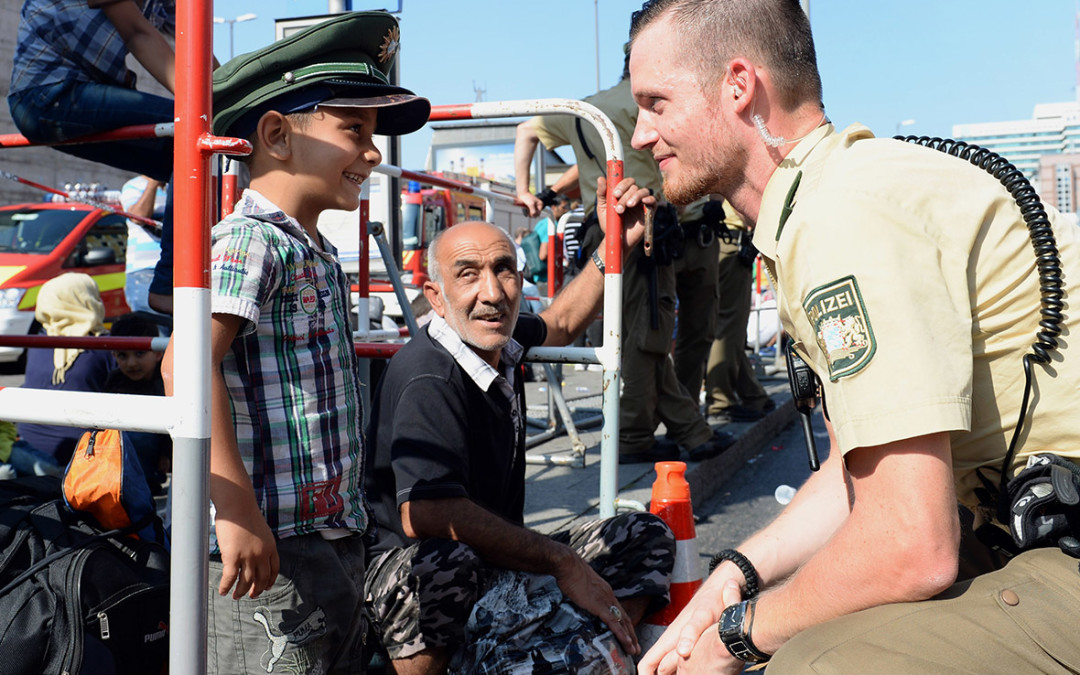17, and not a day older, is the most important answer for thousands of children who have arrived at European borders alone. Some set off on the harrowing journey alone, some have become separated from parents or relatives along the way. Like a 7-year old who lost his parents on a rainy night in Serbia. He has the dubious honor of being the youngest refugee to make it to the German border alone, where he was taken in to a children’s home being run by Roman Catholic nuns.
In Germany, migrants are “children first refugees second,” which gives them the same rights as German children, says Johanna Karpenstein of B-UMF, a GSN with a focus on these unaccompanied minors. Last year more than 23,000 unaccompanied minors applied for asylum in European countries. In Germany, the hoped-for destination for many of these migrants, unaccompanied children are given access to youth housing and schools, and if they can gain asylum their families are allowed to join them.
But their legal situation changes dramatically when they turn 18. A child deemed to be over the age of 18 has four weeks to appeal, and may be subject to a traumatic physical examination to settle any disputes about age.
B-UMF is focusing their attention on the new Asylum Procedures Acceleration Act with comes into force next month. The act will both speed up the time to approve residency for war refugees, and allow for faster deportation of economic migrants.


